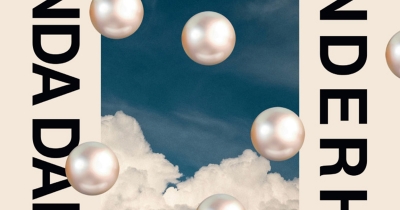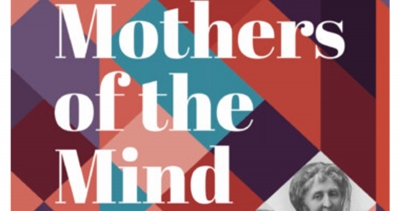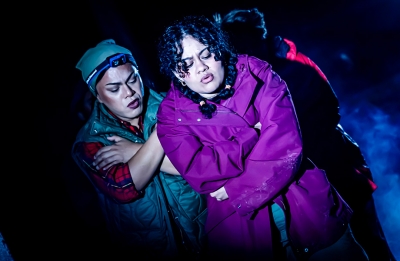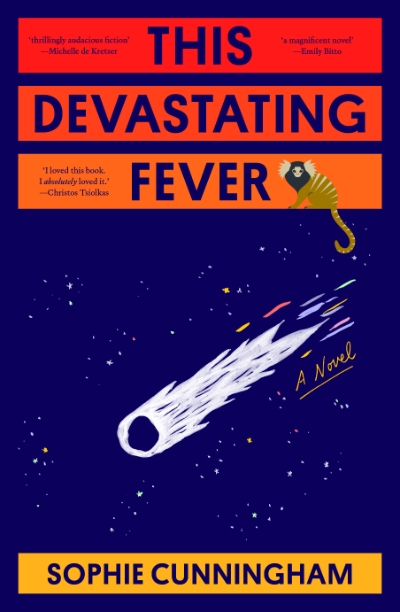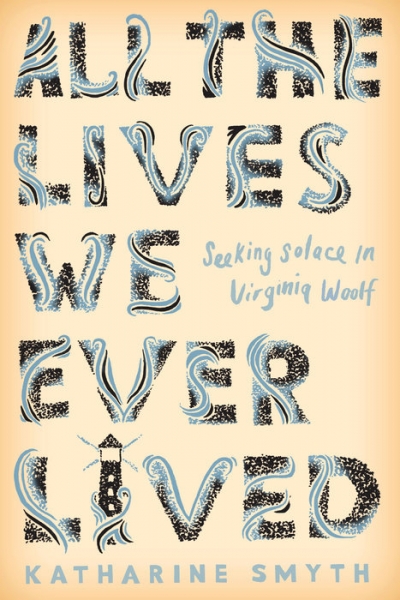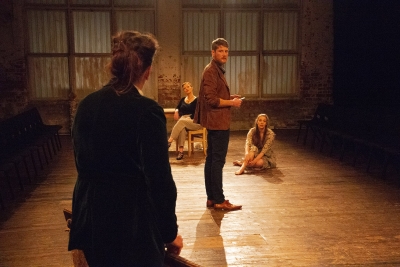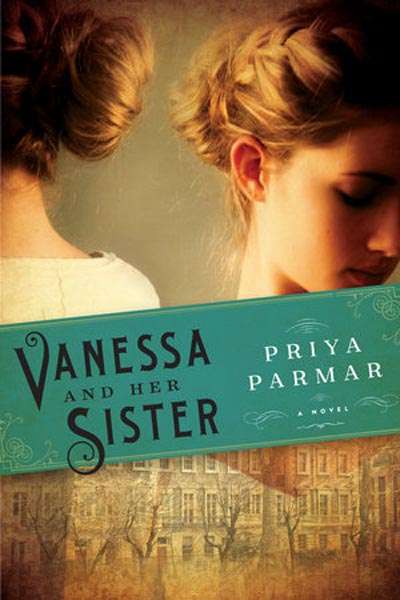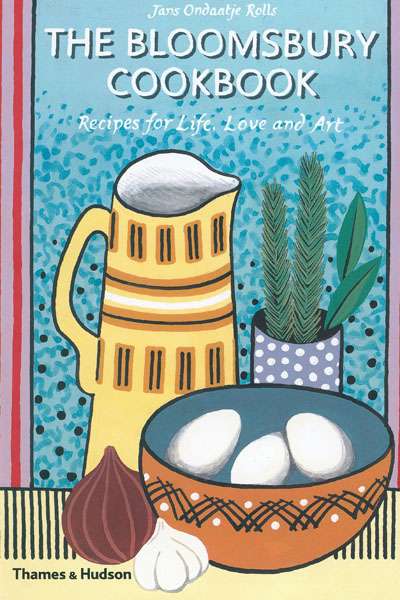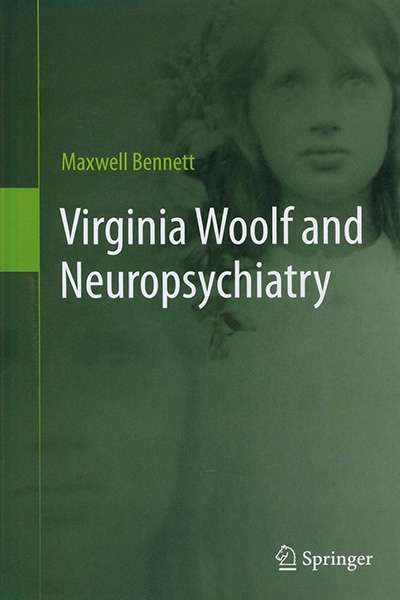Virginia Woolf
Mothers of the Mind: The remarkable women who shaped Virginia Woolf, Agatha Christie and Sylvia Plath by Rachel Trethewey
by Morag Fraser •
Somewhere on West 24th Street in the early 2000s, Susan Sontag asked Terry Castle whether Virginia Woolf was a ‘great genius’. Castle agreed emphatically before offering a tongue-in-cheek follow-up: ‘Do you really think Orlando is a work of genius?’ Sontag’s response was quick and admonishing. ‘“Of course not!.” she shouts, “You don’t judge a writer by her worst work! You judge her by her best work!”’
... (read more)All the Lives We Ever Lived: Seeking solace in Virginia Woolf by Katharine Smyth
by Ann-Marie Priest •
In this intelligent and unusual play, director Peta Hanrahan arranges Virginia Woolf’s great essay A Room of One’s Own into an hour-long play for four voices. Curiously, perhaps, it works so well as a play because of how well Hanrahan has read the essay.
... (read more)Vanessa and her sister by Priya Parmar & Adeline by Norah Vincent
by Ann-Marie Priest •
The Bloomsbury cookbook: Recipes for life, love and art by Jans Ondaatje Rolls
by Gay Bilson •

